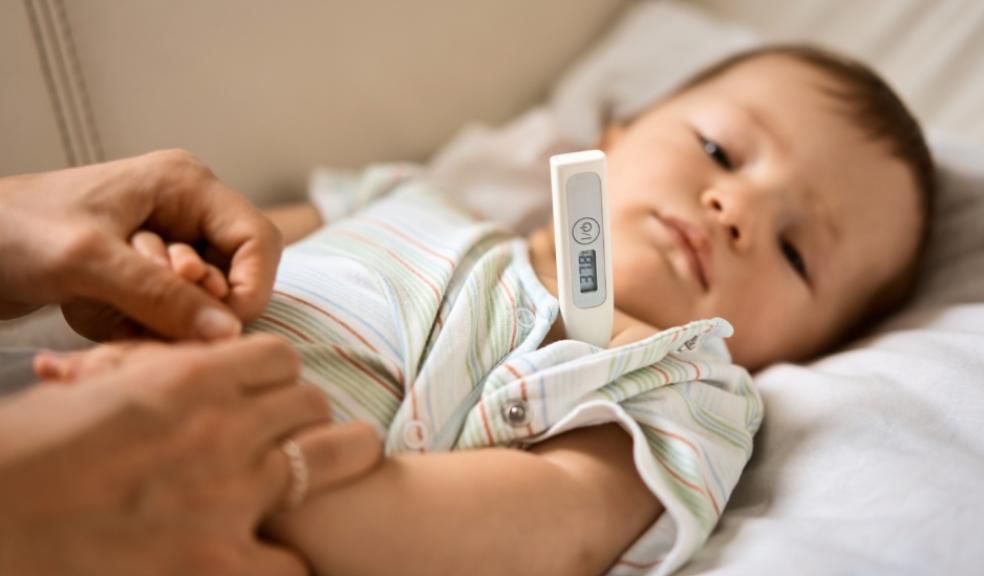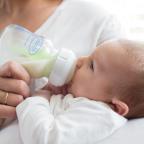
How to Treat Common Colds in Infants
As the weather is turning colder and the winter bugs are starting to worm their way into our homes, many parents are starting to wonder how we can best look after our little ones when the inevitable colds strike.
Caring for a baby with a cold can be really challenging. Our little ones can’t tell us what is bothering them so there’s a lot of guess work and as they can’t move about much or blow their noses it is really easy for them to feel bunged up.
We have put together some handy tips for you to make your baby feel more comfortable and hopefully recover nicely and quickly.
8 ways to treat common cold in infants
-
Make sure baby is well hydrated
Frequent Feedings: Continue regular breastfeeding or formula feeding to keep your baby hydrated. With babies under 6 months old you don’t need to give any water, they just need to have their milk. Your baby may struggle to feed as long as normal if they are bunged up, so offer more frequent feeds.
-
Clear Nasal Congestion
There aren’t many nasal products you can use on babies and children, but Saline nose drops are safe to use to loosen mucus. You can also speak to a pharmacist about products like nasal aspirators, which will remove mucus.
As well as using these products try to frequently move your baby's position throughout the day to avoid mucus building up in one place and causing discomfort
-
Maintain a Comfortable Environment
Keep the room comfortably warm, not too hot or cold. Also, ensure the room is well-ventilated but free from drafts
-
Encourage plenty of rest
Allow your baby to sleep as much as needed to support their immune system. This can be frustrating as it can interrupt a routine you may have recently established, but your baby needs rest to help them recover. Try and keep stimulation and noise minimal too.
-
Practice Good Hygiene
Hand Washing: Wash your hands thoroughly before handling your baby and ensure anyone else handling your baby does the same.
Clean Surfaces and Toys: Regularly disinfect items your baby comes into contact with.
6. Monitor Symptoms
Use a digital thermometer to monitor your baby's temperature. A normal temperature in babies and children is about 36.4C, but this can vary slightly from child to child. It is always a good idea to take your child’s temperature when they are well so you learn what is normal for them, this then helps you recognise if a temperature is too high or too low. If your babies temperature is over 39c you should seek medical advice.
Observe Breathing: You should also observe your babies breathing when they are unwell. Watch for signs of labored breathing or wheezing and seek medical advide if you notice this.
-
Avoid Over-the-Counter Medications
- No Cold Medicines: Do not give over-the-counter cold remedies unless prescribed by a pediatrician.
- Consult a Doctor: Always seek medical advice before administering any medication.
-
Stay Alert for Warning Signs
- Persistent High Fever: Contact a healthcare provider if the fever is 100.4°F (38°C) or higher.
- Decreased Appetite: If your baby is feeding less than usual.
- Unusual Irritability or Lethargy: Significant changes in behavior warrant medical attention.
Conclusion
While common colds are usually mild, it's important to keep a close eye on your babies symptoms and provide supportive care to aid their recovery. If you have any concerns or if symptoms worsen, consult your Health visitor, pharmacist or doctor.












